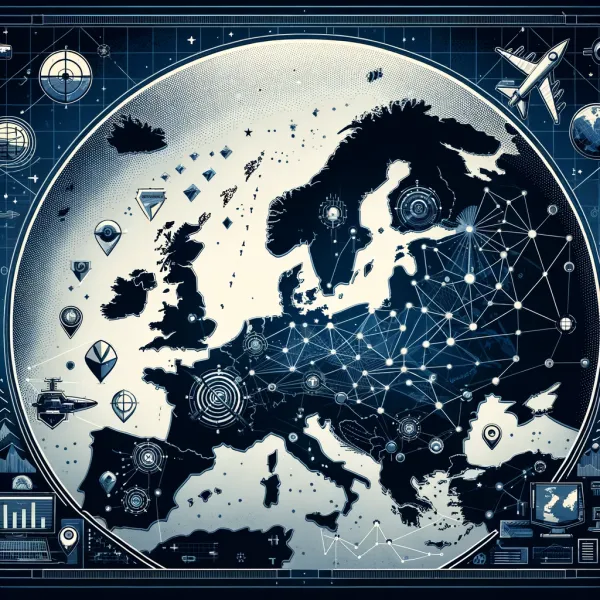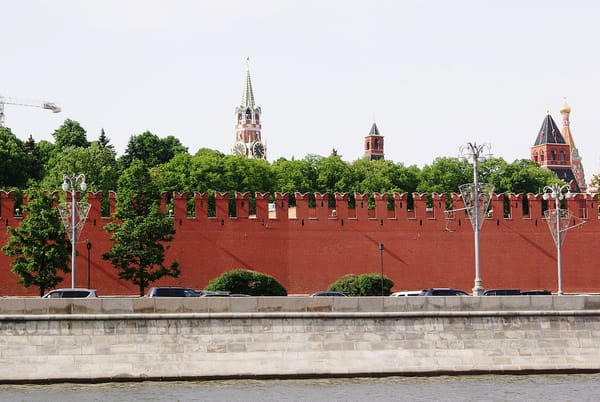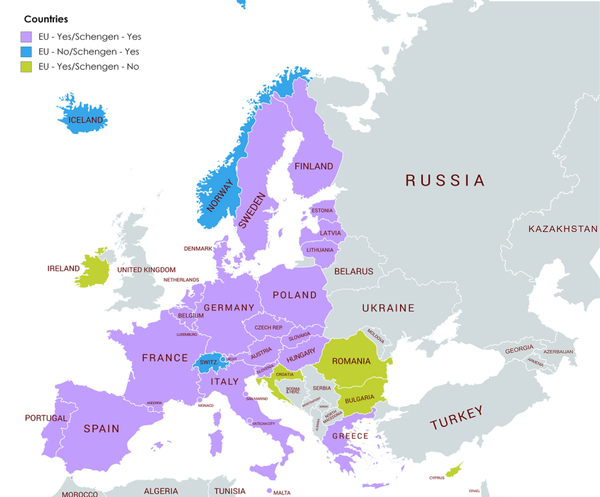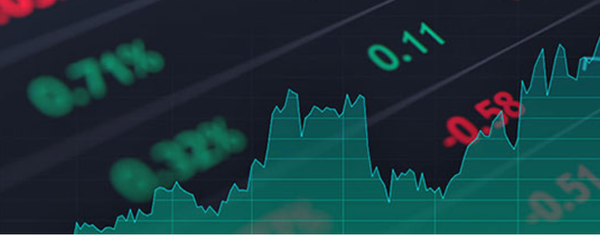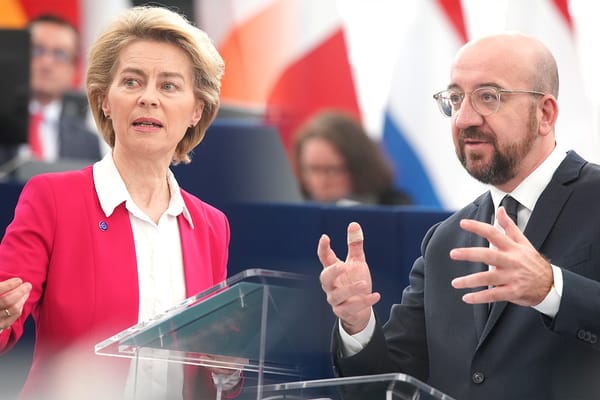
EU to prolong Covid e-certificate scheme
The European Commission (EC) on Thursday announced its intension to extend the validity of EU Digital COVID Certificates by another year, to 30 June 2023. The EC said the move will ensure that travellers can continue to use their certificate when travelling inside EU member states that maintain certain public health measures. The EC will also recognise “high-quality laboratory-based antigen tests” and participants in clinical trials “to encourage (their) continued development and study”, it added.
Health and Food Safety Commissioner Stella Kyriakides said the EC plans “to bring our certificate up to date with the latest scientific developments and epidemiological changes, the need to speed up booster campaigns and to support vital on-going clinical research.”
Meanwhile the EC adopted decisions that COVID:19 certificates issued by the UK and Armenia are equivalent to the EU Digital COVID Certificate. Other countries included in the equivalency scheme include Taiwan, Singapore, Israel, North Macedonia, Albania, Serbia, Switzerland, New Zealand and Turkey. The domestic use of EU Digital COVID Certificates remains a matter for member states to decide, the EC underlined.
Justice Commissioner Didier Reynders said: “we cannot predict how the pandemic will evolve, but we can make sure that citizens continue to benefit from a certificate that works and is accepted wherever they go. The EU Digital COVID Certificate has proven an effective tool to facilitate safe and free travel.”

